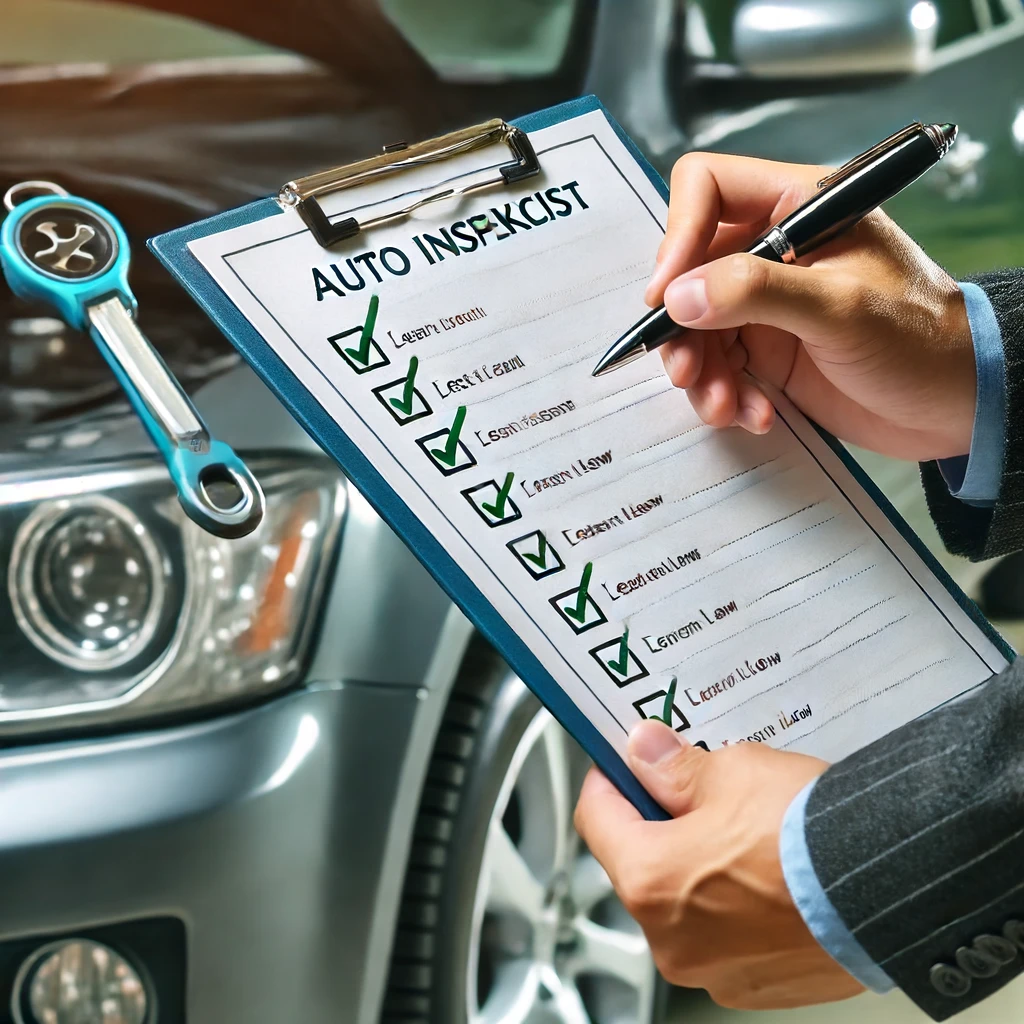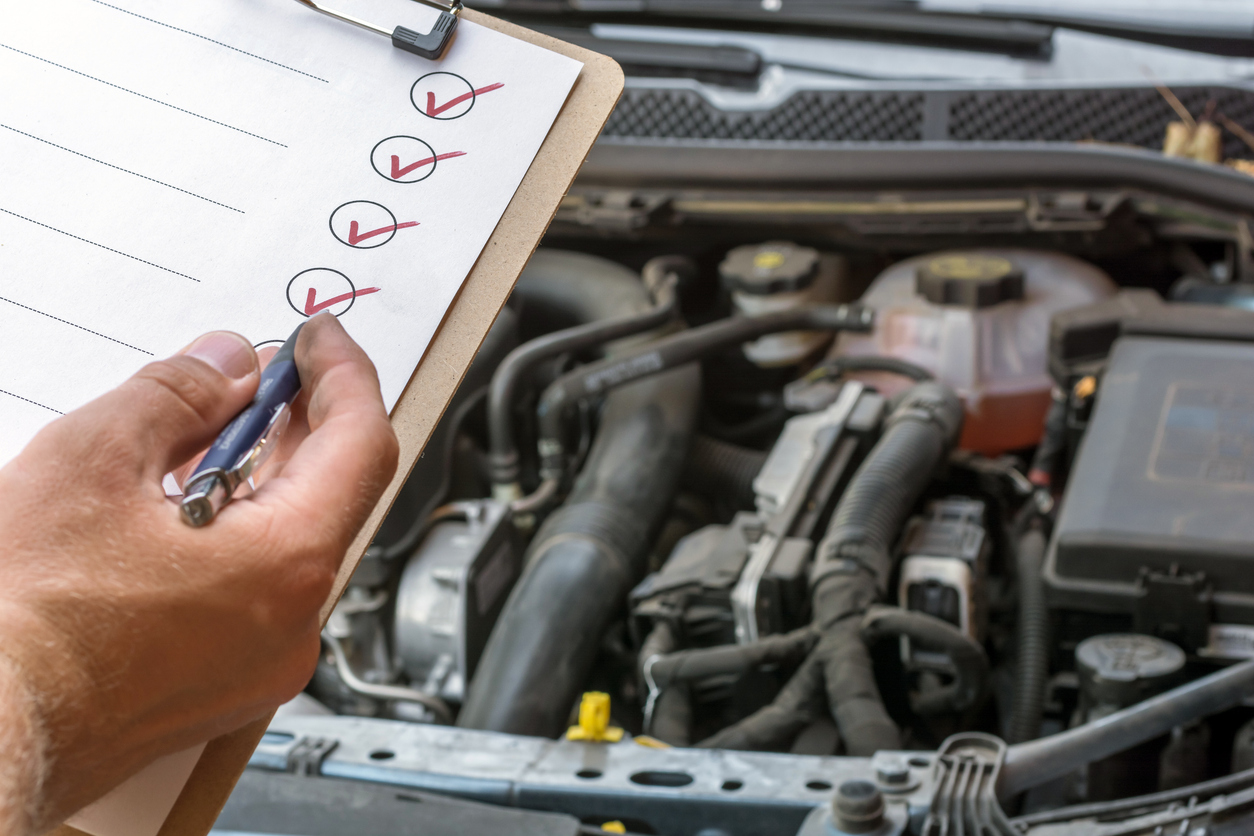Purchasing a vehicle, whether new or used, is a significant investment. Ensuring that you are making a wise decision involves thorough research and, most importantly, a comprehensive vehicle inspection. This blog post from Sierra Litigation, an expert consumer protection law firm in California, highlights the critical role of vehicle inspections in preventing auto fraud and avoiding lemon law cases. Whether you’re in Los Angeles, San Francisco, San Diego, Sacramento, Riverside, Anaheim, Long Beach, Santa Clara, Fresno, Bakersfield, or any other part of California, these insights will help you make informed and secure vehicle purchases.
Why Vehicle Inspections Matter

Identifying Hidden Issues
A detailed vehicle inspection can uncover hidden problems that may not be apparent during a test drive or initial examination. These issues can range from minor defects to major mechanical problems that could lead to costly repairs down the line.
Verifying Vehicle History
Inspections can help verify the accuracy of a vehicle history report obtained from services like Carfax or AutoCheck. Sometimes, not all incidents are reported, and an inspection can reveal past accidents or repairs that were not documented.
Ensuring Safety and Reliability
A thorough inspection ensures that the vehicle is safe to drive and reliable. It checks critical components such as the brakes, tires, engine, and suspension, giving you peace of mind that the car will perform well and not pose any safety risks.
Key Components of a Vehicle Inspection

Exterior and Interior
Exterior Checks
- Body Condition: Look for dents, scratches, rust, and mismatched paint.
- Lights and Lenses: Ensure all lights, including headlights, taillights, and turn signals, are working properly.
- Tires: Check for even wear and sufficient tread depth. Uneven wear may indicate alignment issues.
Interior Checks
- Seats and Upholstery: Look for tears, stains, and signs of excessive wear.
- Dashboard and Controls: Ensure all gauges and controls function correctly.
- Windows and Locks: Test all windows and locks for proper operation.
Mechanical and Under the Hood
Engine and Transmission
- Engine Condition: Look for leaks, unusual noises, and excessive exhaust smoke.
- Transmission: Check for smooth shifting and any abnormal noises.
Fluids
- Oil: Ensure the oil level is correct and the oil appears clean.
- Coolant and Brake Fluid: Check levels and condition to ensure there are no leaks or contamination.
Undercarriage
Frame and Suspension
- Frame: Inspect for signs of damage or repairs, which could indicate a previous accident.
- Suspension: Check for wear and damage to shocks, struts, and other suspension components.
Exhaust System
- Exhaust: Look for leaks, rust, and secure mounting.
Professional vs. DIY Inspections

Professional Inspections
Benefits
- Expertise: Professional mechanics have the tools and knowledge to identify potential issues that an untrained eye might miss.
- Comprehensive Reports: They provide detailed reports, which can be useful in negotiations and legal matters.
Finding a Trusted Mechanic
- Use services like Angie’s List or Yelp to find reputable mechanics in your area.
- Ask for recommendations from friends or family.
DIY Inspections
When to Consider
- If you have mechanical knowledge and experience.
- As an initial step before deciding to invest in a professional inspection.
Tips for DIY Inspections
- Use a checklist to ensure you don’t miss any critical areas.
- Take your time and be thorough in your examination.
The Role of Inspections in Preventing Auto Fraud
Avoiding Odometer Fraud
What is Odometer Fraud?
Odometer fraud involves tampering with the odometer to display lower mileage than the vehicle has actually traveled.
How Inspections Help
A professional inspection can detect signs of tampering, such as inconsistencies between the condition of the vehicle and its reported mileage.
Detecting Title Washing
What is Title Washing?
Title washing involves altering a vehicle’s title to remove information about it being salvaged or damaged.
How Inspections Help
Inspections can reveal signs of past damage that may not be disclosed on the title.
Protecting Yourself Under California’s Lemon Law
Understanding Lemon Law
What is Lemon Law?
California’s Lemon Law protects consumers who purchase defective vehicles that fail to meet quality and performance standards after multiple repair attempts.
Documentation is Key
Keeping Records
Maintaining detailed records of all inspections, repairs, and communications with the dealership or manufacturer is crucial. This documentation can support your case if you need to file a Lemon Law claim.
Seeking Legal Assistance
Why Choose Sierra Litigation?
Our experienced attorneys specialize in Lemon Law and auto fraud cases. We provide personalized service and represent consumers at no cost, ensuring you receive the justice and compensation you deserve.
Conclusion
A thorough vehicle inspection is a vital step in the car-buying process. It helps prevent auto fraud, ensures the vehicle’s safety and reliability, and protects you under California’s Lemon Law. Whether you’re in Los Angeles, San Francisco, San Diego, Sacramento, Riverside, Anaheim, Long Beach, Santa Clara, Fresno, or Bakersfield, taking the time to inspect a vehicle before purchase can save you from future headaches and expenses.
Contact Sierra Litigation Today
If you encounter any issues during the car-buying process or need assistance with Lemon Law or auto fraud cases, contact Sierra Litigation. Our experienced attorneys are dedicated to protecting consumers and ensuring they receive the justice and compensation they deserve.





